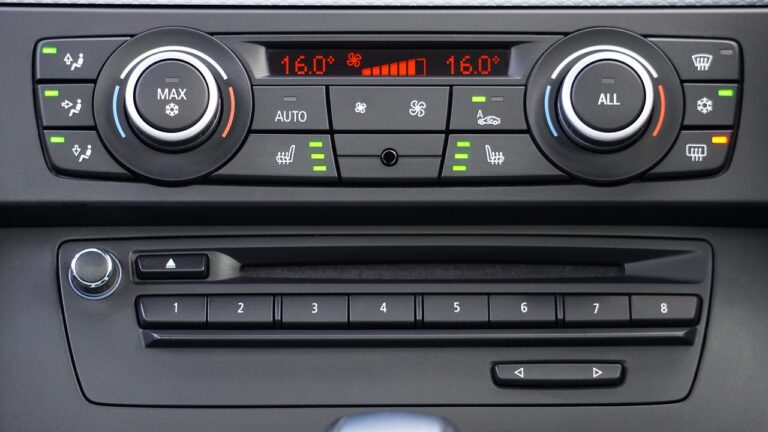The Psychology of Car Horn Sounds: Cultural Differences and Communication
Car horns are crucial communication tools on the road, helping drivers convey their intentions, frustrations, and warnings to others around them. The short, quick beep is often used as a friendly acknowledgment, such as saying “thank you” or alerting another driver that the light has turned green. On the other hand, a prolonged and forceful honk usually signifies frustration or anger, indicating a breach of traffic rules or reckless driving behavior.
In some cultures, car horns are used more liberally and are considered a normal part of everyday driving. In contrast, in other cultures, honking is seen as a sign of discourtesy or aggression and is used sparingly. Understanding the meanings behind different car horn sounds can help drivers navigate the roads more effectively and contribute to a safer driving environment for all.
Cultural Influences on Car Horn Usage
Car horns hold different meanings in various cultures around the world. In some countries, honking may be seen as a sign of frustration or impatience, while in others, it can be a friendly way to greet someone or to express gratitude on the road. The cultural norms and values of a society play a significant role in shaping how individuals use their car horns.
Moreover, cultural influences also dictate the frequency and intensity of car horn usage in different regions. For example, in some Asian countries, honking is more common and socially acceptable compared to countries in Europe where it is considered rude and disruptive. Understanding these cultural nuances is essential for both locals and visitors to ensure respectful and effective communication on the roads.
How do cultural influences impact car horn usage?
Cultural influences play a significant role in how car horns are used and interpreted in different regions. For example, in some cultures, honking may be seen as a sign of aggression, while in others, it may be seen as a necessary form of communication on the road.
What are some common meanings behind different car horn sounds?
Different car horn sounds can have various meanings depending on the context. For instance, a quick beep may be used to alert another driver of a potential hazard, while a prolonged honk may be a sign of frustration or anger.
Are there any cultural norms or customs that dictate when it is appropriate to use a car horn?
Yes, in some cultures, there are specific norms or customs around the use of car horns. For example, in some countries, honking may be seen as rude or disrespectful, while in others, it may be a necessary tool for navigating congested traffic.
How can drivers navigate cultural differences in car horn usage?
Drivers can navigate cultural differences in car horn usage by being aware of local customs and norms. It’s important to understand the meanings behind different horn sounds and to use them appropriately in different situations. Additionally, practicing patience and respect on the road can help minimize misunderstandings.





